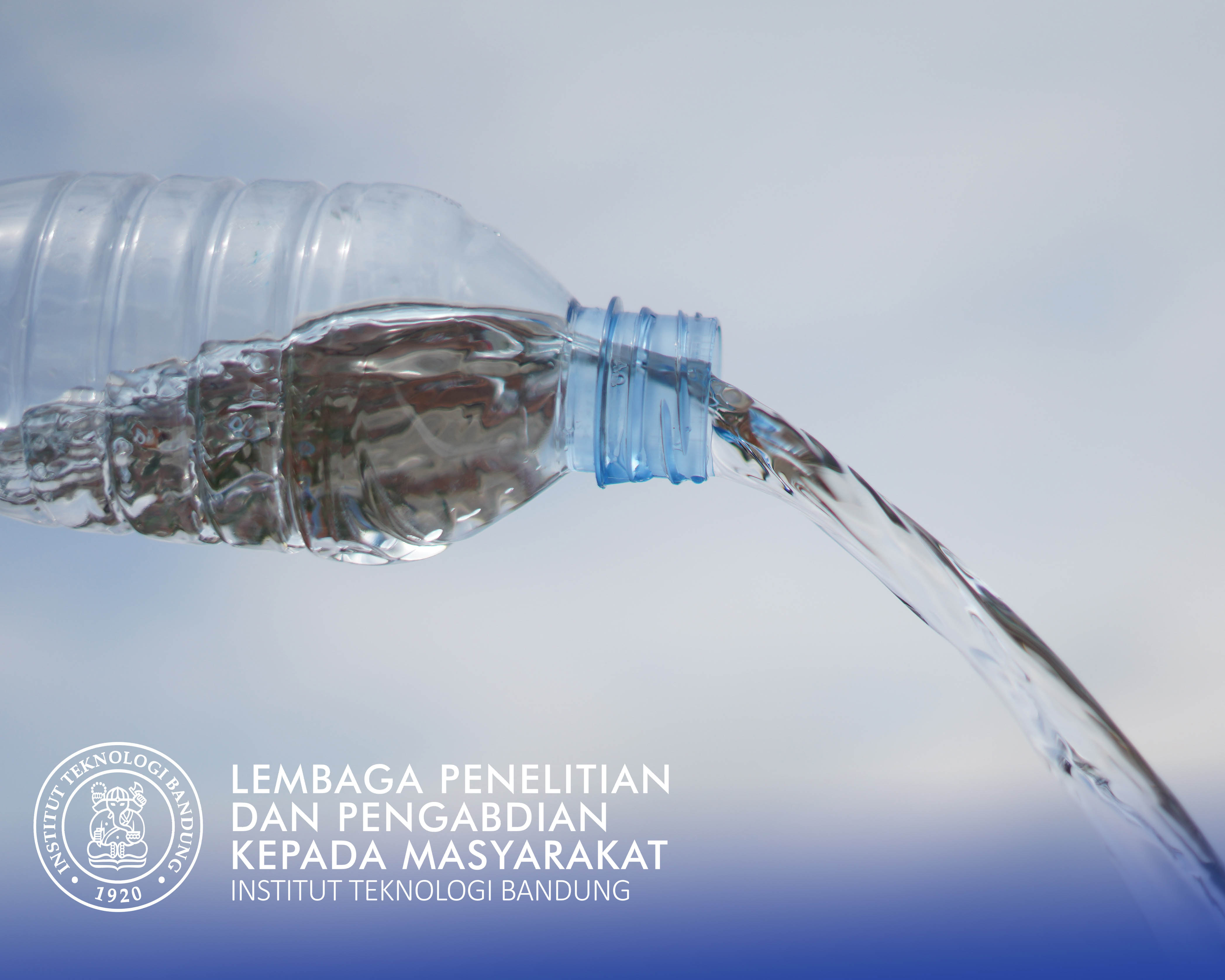

Widodo
In facing the urgent global clean water crisis, attention to the drinking water distribution system (SPAM) is a must. According to the latest data, most regions in the world face serious challenges regarding the quality and availability of clean water. Climate change also complicates this condition by affecting rainfall patterns and calling into question the sustainability of water resources. Therefore, managing SPAM is not only a local issue, but also a strategic national issue in addressing global challenges to clean water sustainability.
At the local or regional level, the condition of SPAM is increasingly urgent to be reviewed critically. Water distribution systems in many areas may suffer from infrastructure deficiencies, lack of maintenance, or even lack of community involvement. For example, certain regions may face increased risk of drought, causing additional pressure on water resources. Therefore, this proposal will focus on SPAM management in this region, with the aim of identifying problems and finding solutions that can increase the resilience and sustainability of the water distribution system.
In this context, the community service project will try to actively involve the community in the Drinking Water Management System (SPAM) in Sri Later Village, Sei Manggaris, Nunukan, North Kalimantan. North Kalimantan Province is a region of Indonesia that borders the Republic of Indonesia (RI) with Malaysia, Sabah State in the north and Sarawak State in the West. As has been carried out through correspondence via the Desanesha LPPM ITB application and the approval of the Sri Nanti Village partners.
Emphasis on the role of the community as the main stakeholder can increase understanding of shared responsibility for the sustainability of the water distribution system. Inviting community participation not only to improve infrastructure, but also to increase awareness of the importance of maintaining and using water efficiently. At least 50 residents of Sri Later Village will be involved and participate directly in helping with the community service program.
In addition, this project lies in the continuity of SPAM management initiatives that have existed in the past. Evaluation of previous achievements shows that significant improvements have been achieved, but certain challenges still require special attention. Therefore, continuing and expanding this project is a must to ensure sustainable positive impacts and answer community demands for better water services.
By detailing the global, local reasons and previous history of the project, this proposal aims to demonstrate that SPAM management is a crucial step to holistically address clean water challenges, while involving communities as key partners in achieving long-term sustainability.
Overcoming the Clean Water Crisis
This activity is useful for overcoming the clean water crisis Providing effective and efficient solutions to pump problems Providing assistance so that problems in the field, especially clean water management, can be achieved